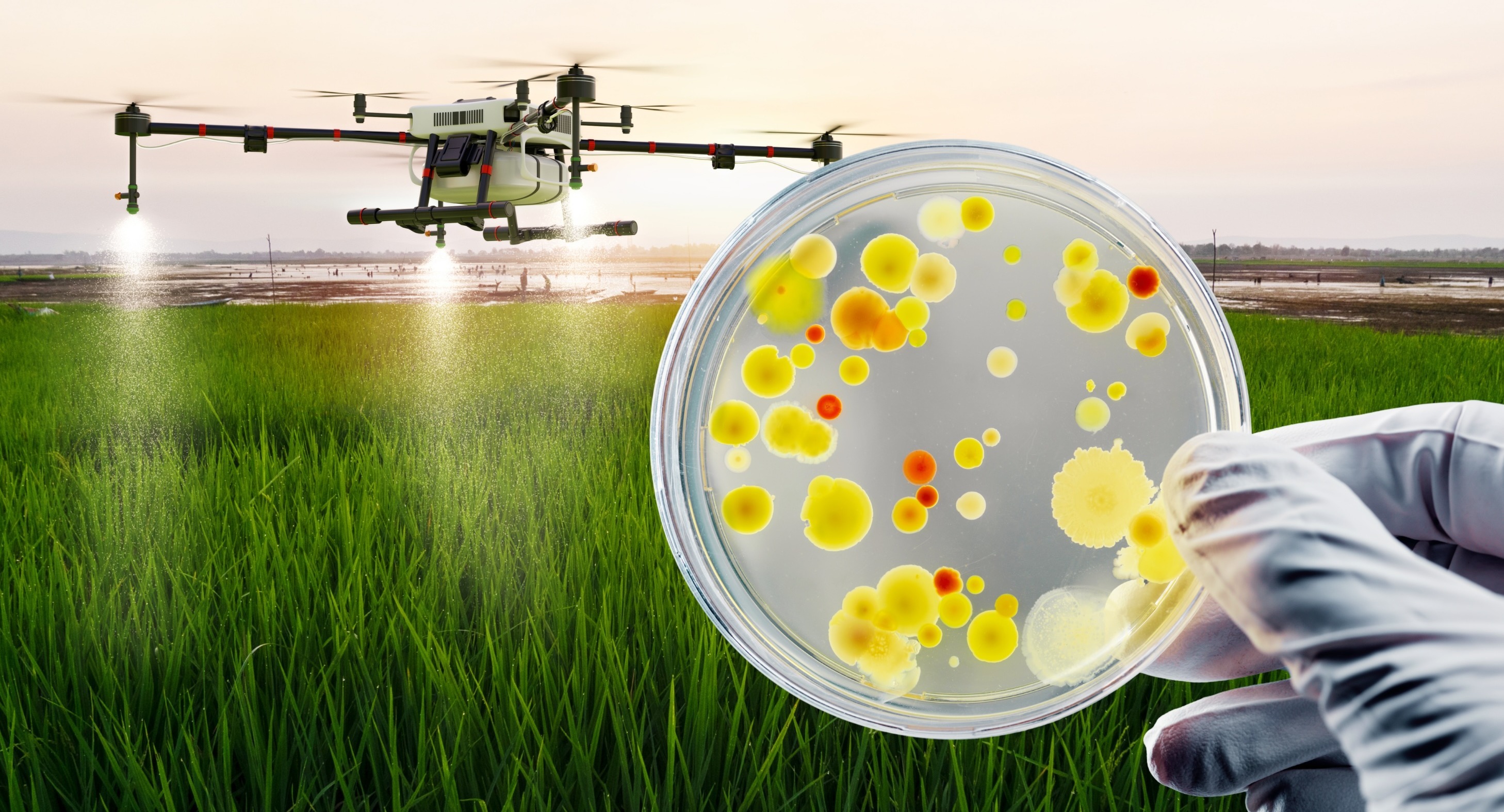Precision Delivery Technology Enhancing Biological Pesticide Efficacy

KEY INFORMATION
Chemicals - Agrochemicals
TECHNOLOGY OVERVIEW
With mounting concerns regarding the environmental and health impacts of conventional chemical pesticides, there is a noticeable shift towards biological alternatives. This trend is fueled by a global demand for sustainable agricultural practices and safer, more environmentally-friendly produce. However, a significant challenge persists: the comparatively lower efficacy of biological pesticides.
This technology addresses the challenge of low efficacy in biological pesticides, often caused by environmental factors such as heat, UV exposure, and runoffs, especially prevalent in tropical regions.
It utilises plant-derived, biodegradable materials to encapsulate the biological pesticides, protecting them from environmental factors, thereby extending their residual treatment effect and reducing usage volumes and re-application frequencies.
TECHNOLOGY FEATURES & SPECIFICATIONS
- Plant-derived, biodegradable encapsulation material
- Compatible with commercialised biological pesticides (e.g., bacillus thuringiensis)
- Simple, one-step encapsulation process completed within 15 minutes using existing mixing apparatus
- Compatible with existing application equipment such as backpack sprayers and drones
- Imparts rainfastness within 1 hour
- Sustains residual effect for up to 3 months per treatment
POTENTIAL APPLICATIONS
The technology demonstrates versatility, with potential applicability in tackling an array of agricultural challenges such as diseases, weeds, and nutrient deficiencies. It is also applicable for commercialised insecticides such as chlorantraniliprole and imidacloprid.
Unique Value Proposition
- Tailored to address challenges specific to tropical agriculture
- Enhances efficacy of biological pesticides
- Reduces biological pesticide consumption
- Lowers re-application frequencies, minimising costs and labor requirements
